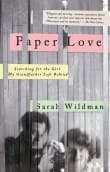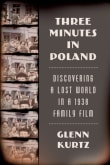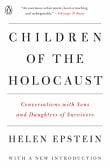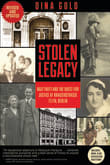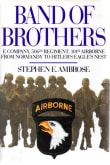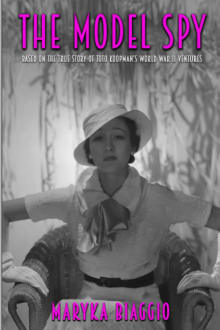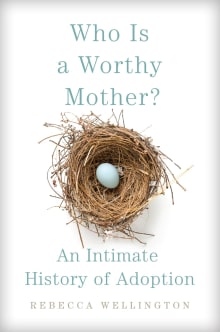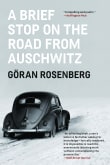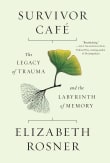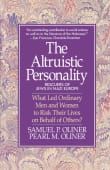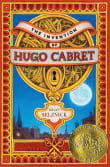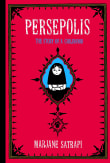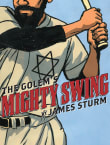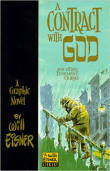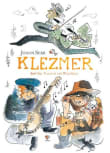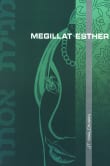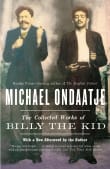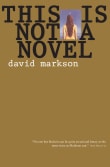The Complete Maus
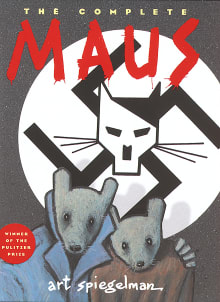
Book description
The first and only graphic novel to win the Pulitzer Prize, MAUS is a brutally moving work of art about a Holocaust survivor -- and the son who survives him
'The first masterpiece in comic book history' The New Yorker
Maus tells the story of Vladek Spiegelman, a Jewish survivor…
Why read it?
7 authors picked The Complete Maus as one of their favorite books. Why do they recommend it?

To learn about the Holocaust, I read personal remembrances, eyewitness accounts, and detailed descriptions of ghettos, camps, and transports, but this graphic novel based on Spiegelman’s father captured me like none of the others. Its words tell its terrible story masterfully and its drawings fill in what words can’t say, both as his father lived it and as his son learns about it. Banning it from U.S. schools would be completely wrongheaded. It should be required reading.
From Donald's list on what our fathers never told us about WWII.

Year after year, students declared Maus their favorite book in my course. Spiegelman’s brilliance is his ability to personalize the story of the Holocaust. It is impossible to identify with a number such as six million, but Maus relates the experiences of one family trapped by Nazi racism and the ensuing horror. The use of cats and mice, as well as other allegorical portrayals, effectively establishes predators and victims immediately. Spiegelman explores the difficult relationship between himself and his father with honesty, making his family history more compelling than an idealized or sanitized version would have allowed. For students, the…
From Harold's list on on World War II according to my students.

When the graphic novel, Maus, was first published it landed on the New York Times best-seller list in the fiction category. After a letter from the author protesting this designation, it was shifted to the non-fiction list. It is also the first graphic novel to have won a Pulitzer Prize. This metafiction includes within its pages depictions of the author interviewing his father, a holocaust survivor, and creating the book’s pages. All the characters are visually depicted as animals, but their speech is deeply human. Meticulously researched, Maus is historically accurate and heartbreakingly vivid as it traces the plight…
From Laurie's list on genre-defying.
If you love The Complete Maus...

I recommend Maus, for so many reasons. It is important on so many levels, including the fact that it was recently banned. Yes, it’s a primary text on the horrors of the Holocaust. Yes, it was the first comic to win a Pulitzer Prize. But I come back again and again to this work because Art is a master of the language of comics. Any comic book maker of any background is indebted to him for pushing the boundaries of what it means to make a panel on a page, and use it to tell a story.
From Mat's list on graphic novels about Jewish themes.

In his classic, brutally brilliant graphic novel, frustrated New York cartoonist Art Spiegelman interviews his Jewish father, who had survived the atrocities of Hitler’s Holocaust only to lose his wife to suicide. Spiegelman’s commentary mixes angst with humor and deep despair; his artwork displays the Germans as cats, the Jews as mice, the Poles as pigs, the Americans as dogs, and the French as frogs. The state of Tennessee recently banned its use in public schools; what a tragic loss for all students of history.
From Rosalyn's list on terrifying tales weaved together with magnificent art.

A comic book about the Holocaust?! I wouldn’t touch it, thinking it must have trivialized my sacred history, until a friend said, “You of all people must read this.” The subtitle, A Survivor’s Tale is a double entendre, as Maus details his father’s survival as well as his own of their tortured relationship.
When writing my first book, immersed in hours of painful family testimony, one of Spiegelman’s powerful frames kept me company: he’s hunched over his drafting table, a mound of naked corpses underneath, and “Lately, I’ve been feeling depressed.” As children of survivors, we must find a way…
From Marta's list on with impact on the daughter of Holocaust Survivors.
If you love Art Spiegelman...

The Pulitzer Prize-winning graphic novel has been hailed as “the most affecting and successful narrative ever done about the Holocaust” (Wall Street Journal) and “the first masterpiece in comic book history” (The New Yorker). For me, Spiegelman’s books are about more than the Holocaust. It is the tale within a tale, about the author’s relationship to his father’s legacy of trauma, that I find most compelling. The Second Generation (children of survivors) didn’t experience the Holocaust and can’t bear witness, and yet growing up in the shadow of the Holocaust impacts everything about their lives. Spiegelman’s Maus I and II…
From Elizabeth's list on children and grandchildren of Holocaust survivors.
Want books like The Complete Maus?
Our community of 12,000+ authors has personally recommended 100 books like The Complete Maus.


